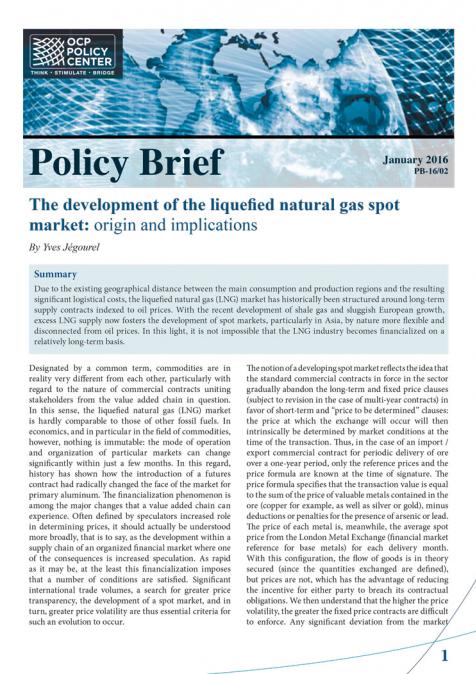Publications /
Policy Brief
Policy Brief
L’importance des politiques agricoles en termes de sécurité, de défense et de souveraineté
May 11, 2016
Est-ce que l’agriculture n’a effectivement plus de place dans les composantes des stratégies nationales de défense ? Si l’exemple européen et celui de l’OCDE nous poussent vers une réponse affirmative; le contre-exemple nous vient des Etats-Unis d’Amérique qui considèrent l’agriculture et les questions alimentaires comme faisant partie intégrante de la sécurité nationale. Le secteur alimentaire, dans la doctrine de défense américaine, ne concerne pas le seul domaine alimentaire, mais tous les domaines de la sécurité.








